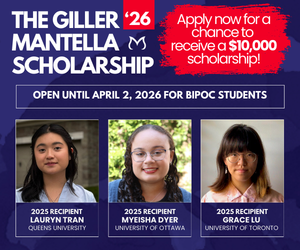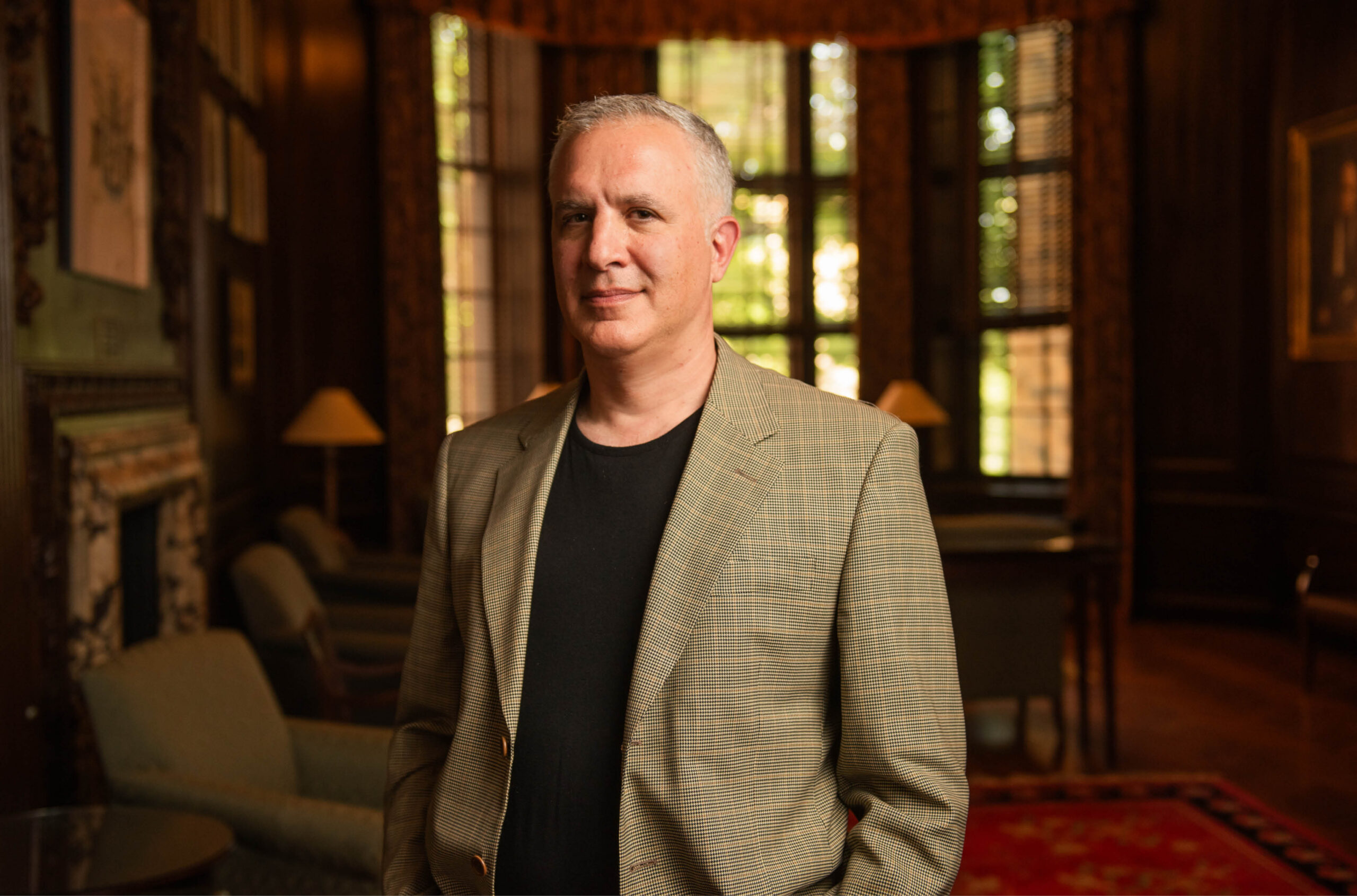Why you should prep your fall courses now
The best time to prep courses is when you are still operating in ‘teaching mode’ and haven’t turned into ‘research mode’ yet.

You will be reading this column at the end of term, but I wrote it in March. I finalized my fall syllabi, sent in my bookstore adoption requests, sent in my reserve lists to the library, and sent my test dates to my colleague who teaches a required course for my students during the same term (we try to avoid having tests on the same day). I also prepared a welcome email in draft that is ready to send the day before classes welcoming them to the course, and I have prepared the first week of PowerPoints. My online course elements have been outsourced to my TA (who is actually a former student I pay hourly) and he promises to have everything updated and current in the next couple of weeks.
Don’t hate me; hear me out.
In my book The Organized Academic, I argue that the best time to prep courses is when you are still operating in “teaching mode” and haven’t turned into “research mode” (or “vacation mode”) yet. You have just taught your courses, so you know what went right and what went wrong. You have figured out what you would like to do better or differently. You are completely immersed in your teaching brain. The end of term, when you will have finished your marking and turned in your grades, is another good time to assess whether or not what you did found purchase with your students and plan ahead. By April, we will all likely know what our courses are going to be next academic year. Even if you have a new course to teach (which I suggest starting a year out if you can), you may well have others you have taught before coming back into rotation.
This time of year is a weird time sink. Most of us are too tired to turn immediately to research. We use graduation as an invisible finish line and think “I’ll start scholarship after that.” Often events like professional development or end-of-year meetings fall into this approximately two to three weeks between end of exams and graduation ceremonies. You may convince yourself that you are not with it enough to write engaging prose and that may be true, but you do have the bandwidth to update courses, do mindless things like figure out the dates of your classes or track down call numbers for things you would like to put on reserve, or update an online grade book. This is a time not to waste puttering around aimlessly, but to set yourself up for a very pleasant fall.
Now you might argue that you want to revamp your courses, change things around, add some components or drop things you have been doing. There is plenty of time to do this at this time of year, because, unless you are already on the conference circuit, there is not that much to do in your “day job” apart from committee work and end-of-year service. Although some people like to take some down time here, I suggest you do so in later in the summer, when you can really enjoy it instead of suffering from post-term burnout and exhaustion. Just work quietly and steadily on course prep while it is top of mind. You will be amazed at how much you get done.
Although I have always argued that spending two weeks at this time of year on course prep is the best way to handle it, I have discovered instead that during March, as you are often waiting for assignments and papers to come in, you can work on courses in a thoughtful, mindful and relaxing way. I have been spending one hour (strict, on the clock) working on course prep every weekday. It seems that you would not make much progress, but the small increments of work add up, and what’s more, it seems like fun instead of work because it is so far in advance. I have revamped one course comprehensively and added a new series of lessons. This is fairly easy to do when I do just a little bit each day, and is what led me say to myself “I’m ready for fall” last week, six months in advance.
You might think this is overkill, but trust me. I will now be able to have down time and work on my scholarly projects up to Labour Day and, since our first day of classes is a Tuesday as well as a professional development day for students, I will walk into the building for the first time on Wednesday in the first week of September, with no prep whatsoever (our beginning of year departmental meeting is over Zoom). Can you imagine how great that would be? It’s all within reach.
Elizabeth Wells is a professor of music history and musicology at Mount Allison University as well as author of the book The Organized Academic.
Featured Jobs
- Director of the McGill University Division of Orthopedic Surgery and Director of the Division of Orthopedic Surgery, McGill University Health Centre (MUHC) McGill University
- Human Rights - Assistant Professor (Expertise in Human Rights related to Artificial Intelligence and Digital Security)University of Winnipeg
- Canada Impact+ Research ChairInstitut national de la recherche scientifique (INRS)
- Human Rights - Assistant Professor (Expertise in Peace & Conflict Studies, Socioeconomic Rights and/or Indigenous Rights)University of Winnipeg
- Soil Physics - Assistant ProfessorUniversity of Saskatchewan
















Post a comment
University Affairs moderates all comments according to the following guidelines. If approved, comments generally appear within one business day. We may republish particularly insightful remarks in our print edition or elsewhere.